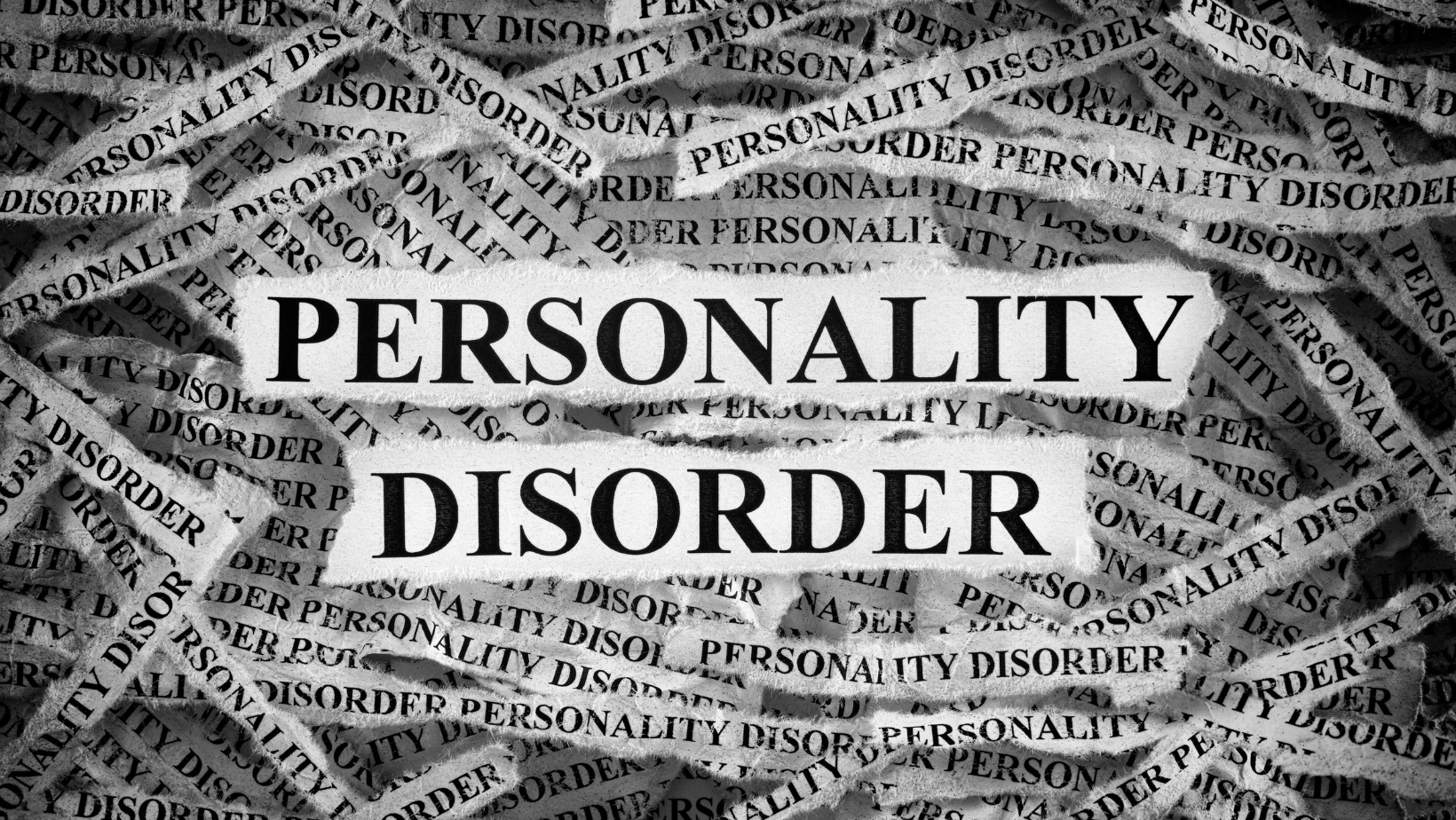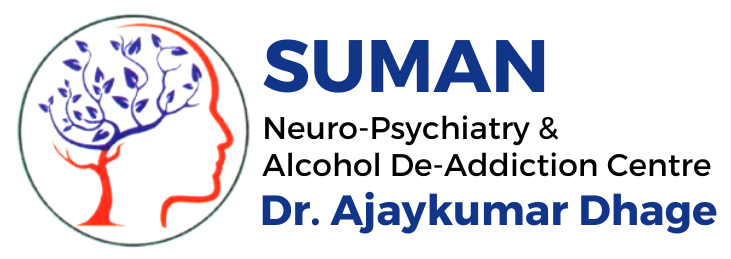Personality Disorder

What is Personality Disorder?
A personality disorder is a mental health condition that involves long-lasting, all-encompassing, disruptive patterns of thinking, behavior, mood and relating to others. These patterns cause a person significant distress and/or impair their ability to function.
There are 10 types of personality disorders, each with different characteristics and symptoms.
Personality is vital to defining who we are as individuals. It involves a unique blend of traits — including attitudes, thoughts and behaviors — as well as how we express these traits in our interactions with others and with the world around us.
Personality disorders may cause distorted perceptions of reality, abnormal behaviors and distress across various aspects of life, including work, relationships and social functioning. Additionally, people with a personality disorder may not recognize their troubling behaviors or the negative effect they have on others.
What are the types of personality disorders?
The Diagnostic and Statistical Manual of Mental Disorders (DSM-5), which is the standard reference publication for recognized mental illnesses, organizes the 10 types of personality disorders into three main clusters (categories). Each cluster has different symptoms in common.
Cluster A personality disorders.
Cluster B personality disorders.
Cluster C personality disorders.
Who do personality disorders affect?
Anyone can have a personality disorder. But different types of personality disorders affect people differently.
Most personality disorders begin in the teen years when your personality further develops and matures. As a result, almost all people diagnosed with personality disorders are above the age of 18. One exception to this is antisocial personality disorder — approximately 80% of people with this disorder will have started to show symptoms by the age of 11.
Antisocial personality disorders are more likely to affect people assigned male at birth. Borderline, histrionic and dependent personality disorders are more likely to affect people assigned female at birth.
How do you know if someone has a personality disorder?
You can’t know for sure if someone has a personality disorder unless they receive a professional, medical diagnosis.
It’s important to understand the difference between personality types and personality disorders. A person who is shy or likes to spend time alone doesn’t necessarily have an avoidant or schizoid personality disorder.
The difference between personality style and a personality disorder can often be determined by assessing how the person’s personality affects different parts of their life, including:
- Work.
- Relationships.
- Feelings/emotions.
- Self-identity.
- Awareness of reality.
- Behavior and impulse control.
Some general signs of people with a personality disorder include:
- Their behavior is inconsistent, frustrating and confusing to loved ones and other people they interact with.
- They may have issues understanding realistic and acceptable ways to treat others and behave around them.
- They may be unaware of how their behaviors cause problems for themselves and/or others.
- If they’re a parent, their parenting style may be detached, overemotional, abusive or irresponsible. This can sometimes lead to physical, emotional or mental issues in their children.
If you have any emergency Doctor’s need, simply call our 24 hour emergency
Your personal case manager will ensure that you receive the best possible care.
Call Now (toll free)
Popular Services
Contact Us
- Behind Canara Bank, Near Old RTO Cross, Sedam Road, Kalaburagi
- sumannursinghome2013@gmail.com
- 08472-265086 / 796043

Copyright © 2022 Suman Hospital. All rights reserved
Developed By: Viral Boostup | +91 9110278059

